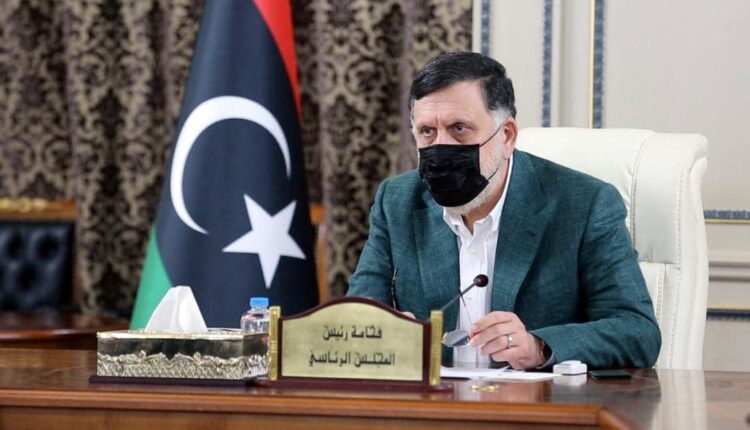Prime Minister calls for emergency meeting to address frozen oil revenues
Libya's top officials called into urgent meeting to discuss the consequences of freezing revenues

The letter invited the executives to a meeting today, Tuesday the 1st of December, to discuss and address the consequences of freezing the oil revenues, the reasons for it and finding a resolution for the ongoing give-and-take between the National Oil Cooperation (NOC) and the Central Bank of Libya (CBL).
The officials called into the meeting are the Speaker of the House of Representatives, Head of High Council of State, Chief of Supreme Council of Judiciary, Acting Attorney General, Governor of Libya’s Central Bank, Head of Audit Bureau, Head of Administrative Authority, Minister of Planning, Minister of Finance, and Chairman of the National Oil Corporation.
Recently The National Oil Corporation and the Central Bank of Libya have been going back and forth, exchanging accusations and blaming one another for the downfall of the country’s economy and the consistently worsening liquidity crisis.
This month following an accusation from the bank that the NOC was embezzling public funds, the oil cooperation chairman announced that oil revenues will be kept frozen in the Libyan Foreign Bank until the Governer of the CBL can fix his “failed” policies and provide the public with honesty and transparency.
This last Sunday in a public video address, the chairman of the NOC, reiterated that the oil revenues will remain frozen regardless of accusations made by the CBL and until the exchange rate is unified across the country and an honest mechanism to protect and distribute public funds is in place.
The continued ongoing war over the country’s oil revenues between the NOC and has dramatically impacted the black market exchange rate, causing it to reach its highest rate in over three years, effectively resulting in higher living expenses and more suffering for the Libyan people at the hands of those in power.
How to submit an Op-Ed: Libyan Express accepts opinion articles on a wide range of topics. Submissions may be sent to oped@libyanexpress.com. Please include ‘Op-Ed’ in the subject line.
- Haftar to fly to the US with family, pretending it’s a Libyan official visit - September 13, 2021
- Haftar hires ex-Clinton aide, ex-Republican leader to lobby Washington for Libya elections’ run - September 09, 2021
- Al-Saadi Gaddafi, late dictator’s son, released from Libyan prison - September 06, 2021


